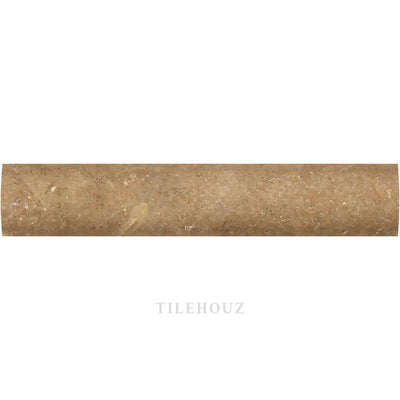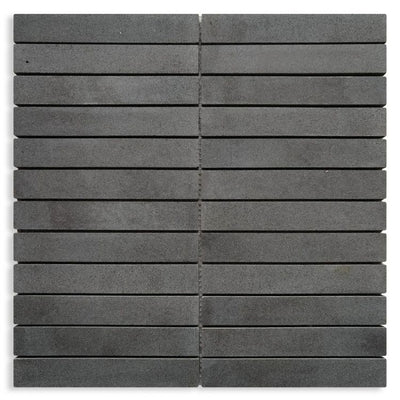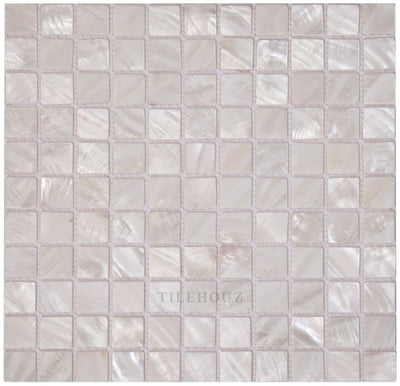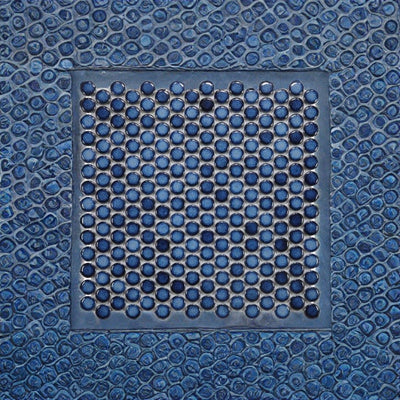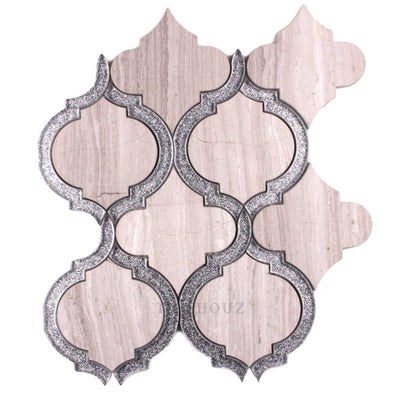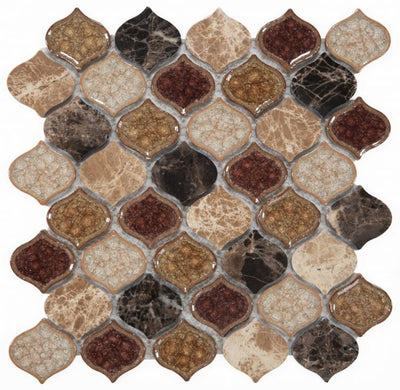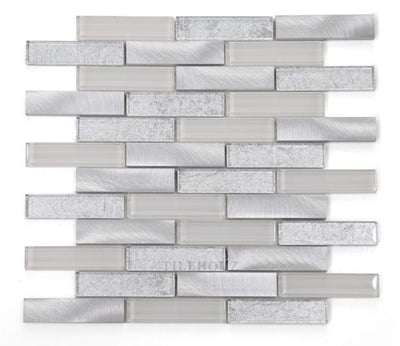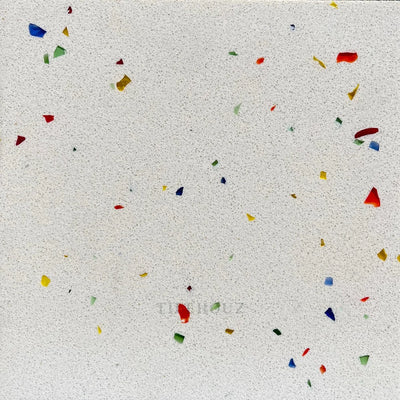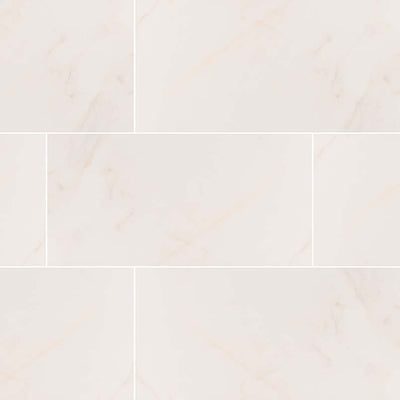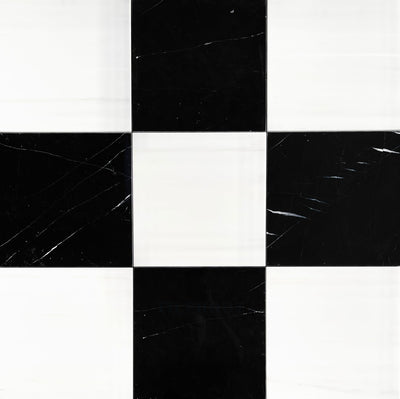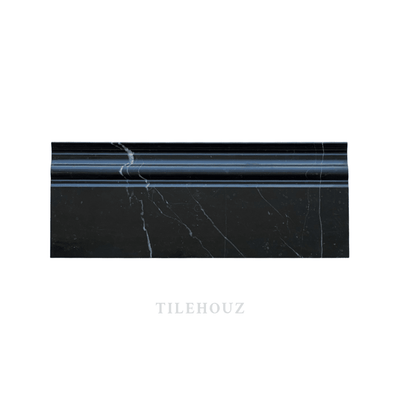What Type Of Mortar For Marble Tiles?
For marble tiles, it's essential to select a mortar that is compatible with the sensitive nature of marble to avoid staining or damage. Here are some recommendations:
1. **White Thinset Mortar**: Choose a white thinset mortar, particularly a polymer-modified version, for installing marble tiles. The white color ensures that no pigment bleeds into the marble, which could alter its natural coloration. The polymer-modified aspect improves the flexibility and bond strength, which is important for marble due to its porosity and susceptibility to cracking.
2. **Non-Staining Mortar**: Marble can be easily stained by pigments in mortars. Ensure the mortar is labeled as non-staining to prevent any discoloration of the marble. Some mortars are specifically formulated to be non-staining for natural stones like marble.
3. **Medium-Bed Mortar**: If you're installing larger marble tiles, a medium-bed mortar might be recommended. This type of mortar is designed to support heavier tiles and can accommodate slight variations in tile thickness, ensuring a level surface without lippage.
4. **Epoxy Mortar**: For areas exposed to high moisture or for more demanding installations, an epoxy mortar could be suitable. Epoxy provides a very strong bond and is resistant to moisture, chemicals, and stains, making it a good choice for marble in bathrooms, showers, and kitchens. However, epoxy mortar is more difficult to work with and clean up, so it's typically used by experienced professionals.
When installing marble tiles, it's also crucial to ensure that the substrate is properly prepared—clean, level, and stable. Additionally, sealing the marble tiles before and after installation can help protect them from staining and etching. Always refer to the marble and mortar manufacturers' instructions for the best results.
1. **White Thinset Mortar**: Choose a white thinset mortar, particularly a polymer-modified version, for installing marble tiles. The white color ensures that no pigment bleeds into the marble, which could alter its natural coloration. The polymer-modified aspect improves the flexibility and bond strength, which is important for marble due to its porosity and susceptibility to cracking.
2. **Non-Staining Mortar**: Marble can be easily stained by pigments in mortars. Ensure the mortar is labeled as non-staining to prevent any discoloration of the marble. Some mortars are specifically formulated to be non-staining for natural stones like marble.
3. **Medium-Bed Mortar**: If you're installing larger marble tiles, a medium-bed mortar might be recommended. This type of mortar is designed to support heavier tiles and can accommodate slight variations in tile thickness, ensuring a level surface without lippage.
4. **Epoxy Mortar**: For areas exposed to high moisture or for more demanding installations, an epoxy mortar could be suitable. Epoxy provides a very strong bond and is resistant to moisture, chemicals, and stains, making it a good choice for marble in bathrooms, showers, and kitchens. However, epoxy mortar is more difficult to work with and clean up, so it's typically used by experienced professionals.
When installing marble tiles, it's also crucial to ensure that the substrate is properly prepared—clean, level, and stable. Additionally, sealing the marble tiles before and after installation can help protect them from staining and etching. Always refer to the marble and mortar manufacturers' instructions for the best results.

